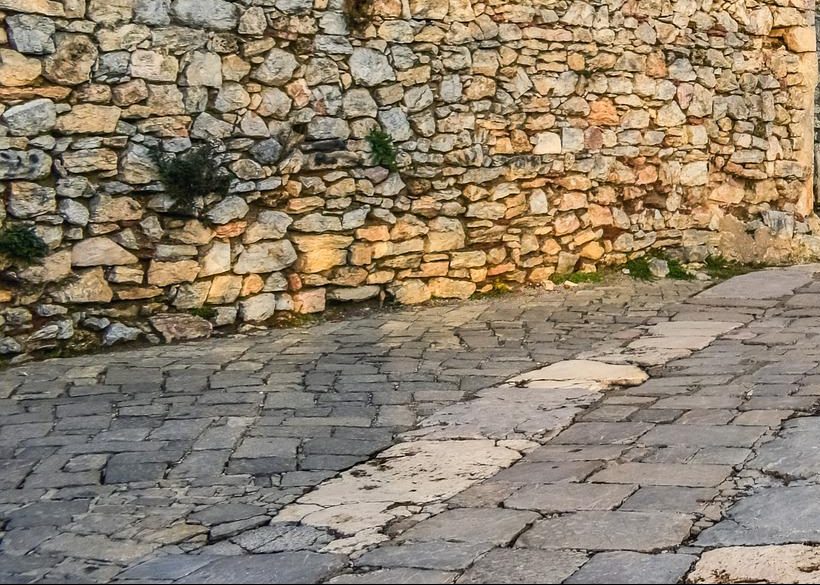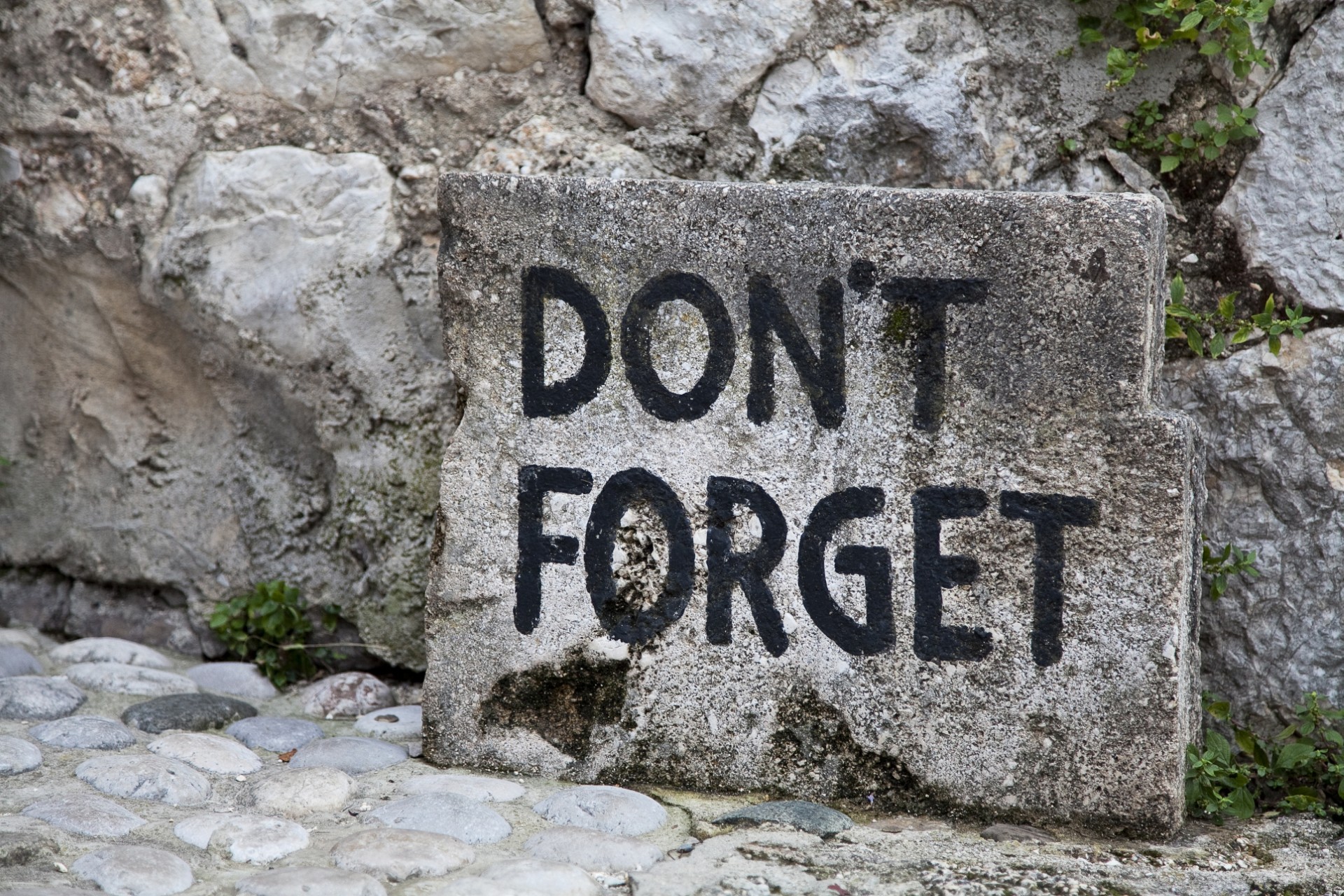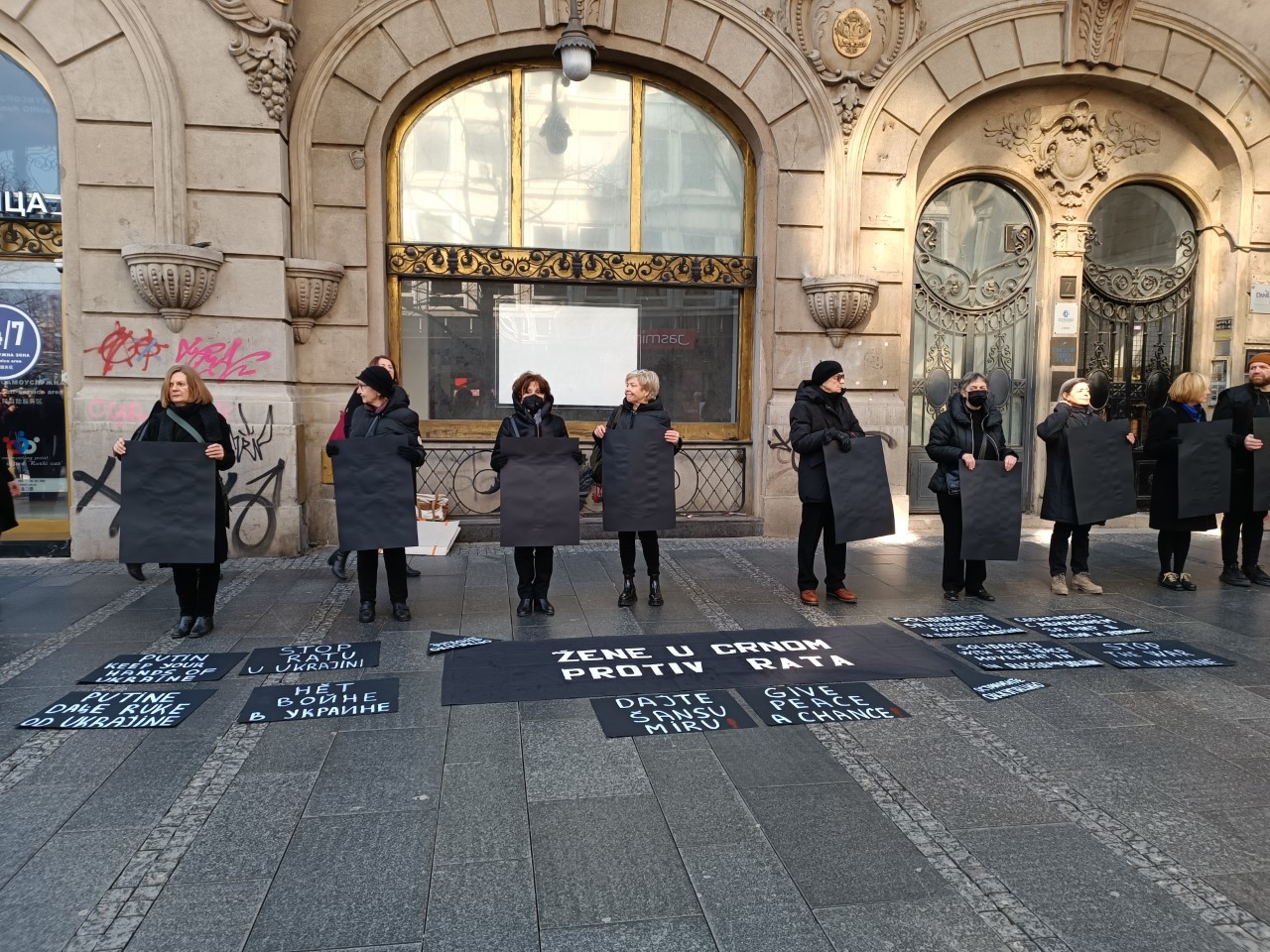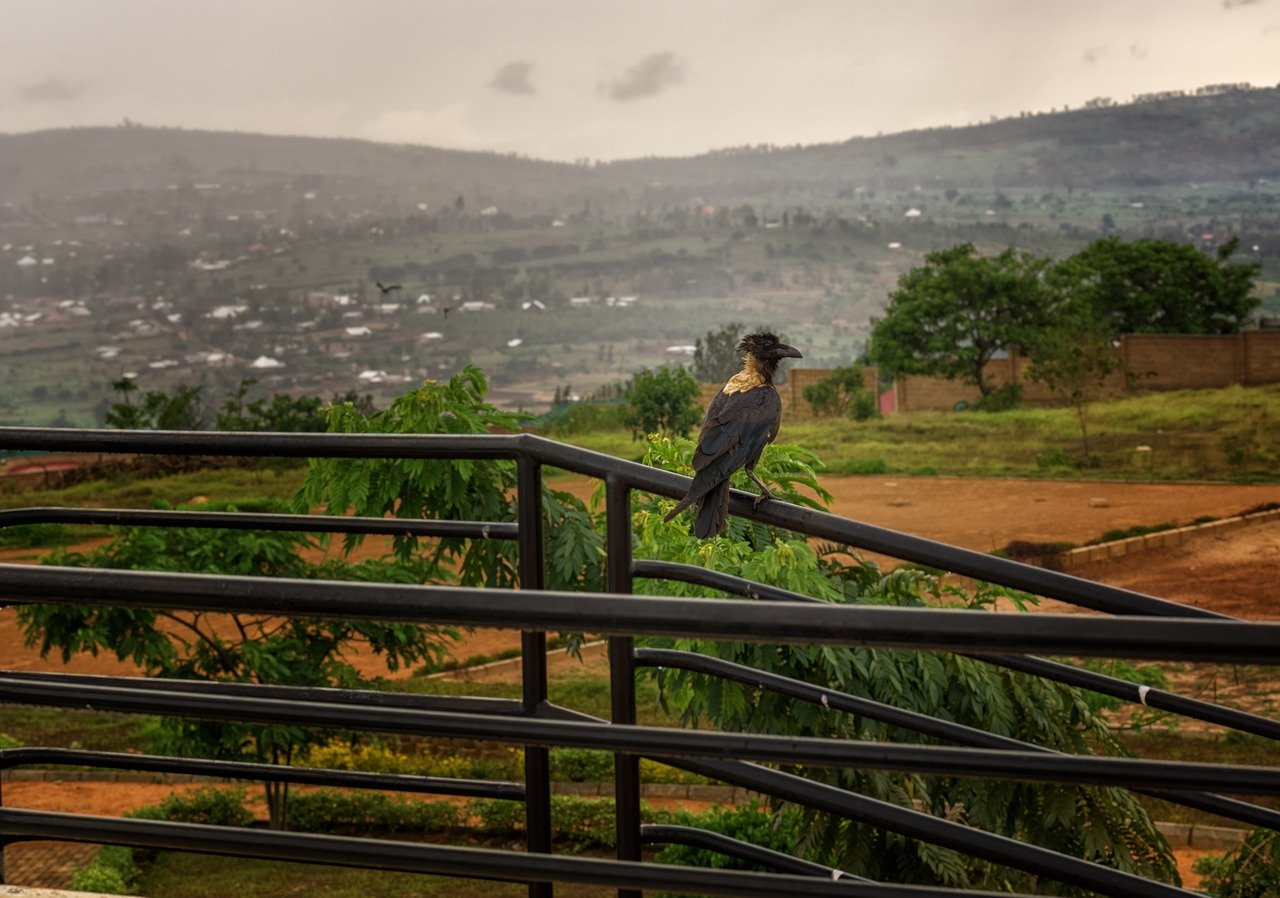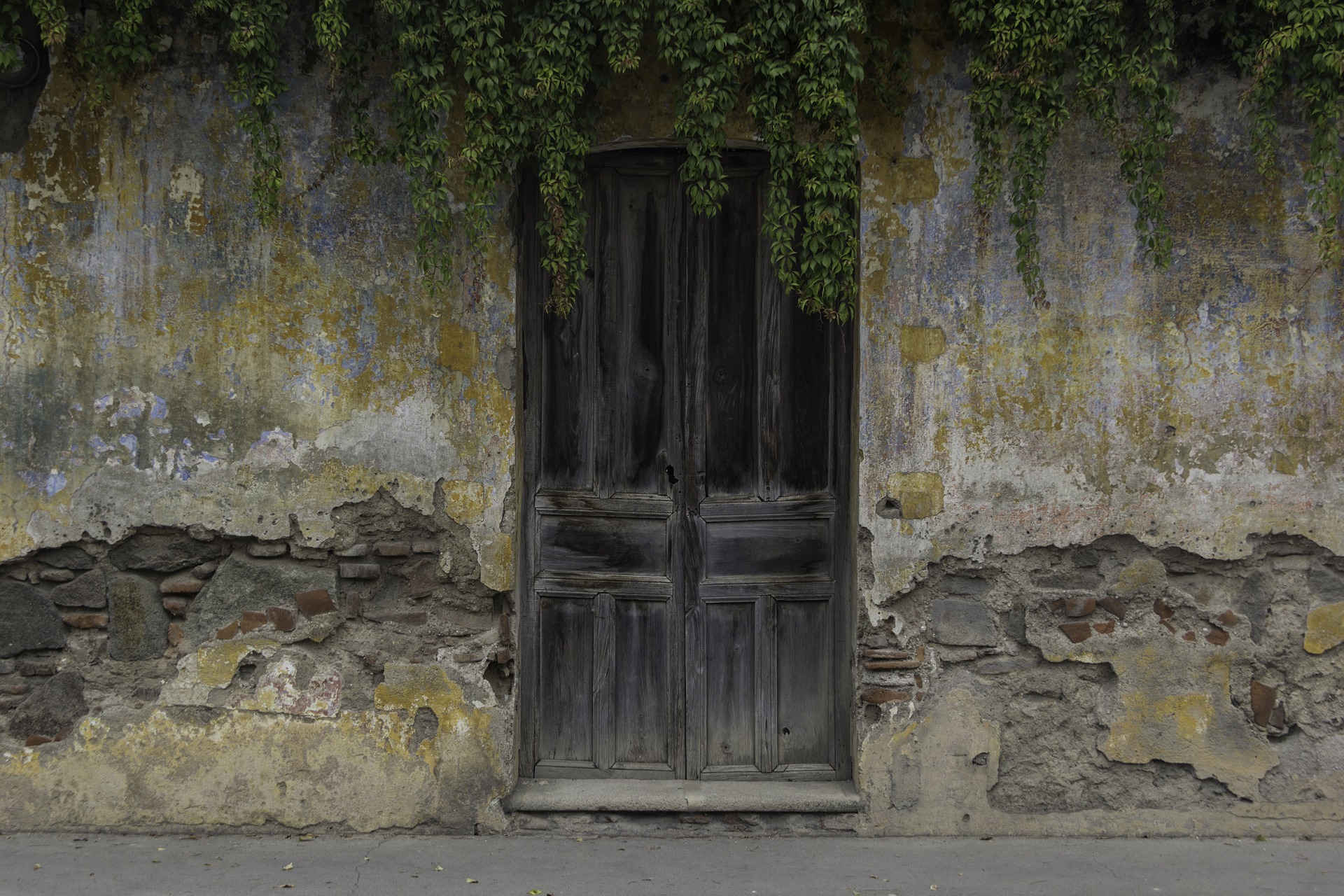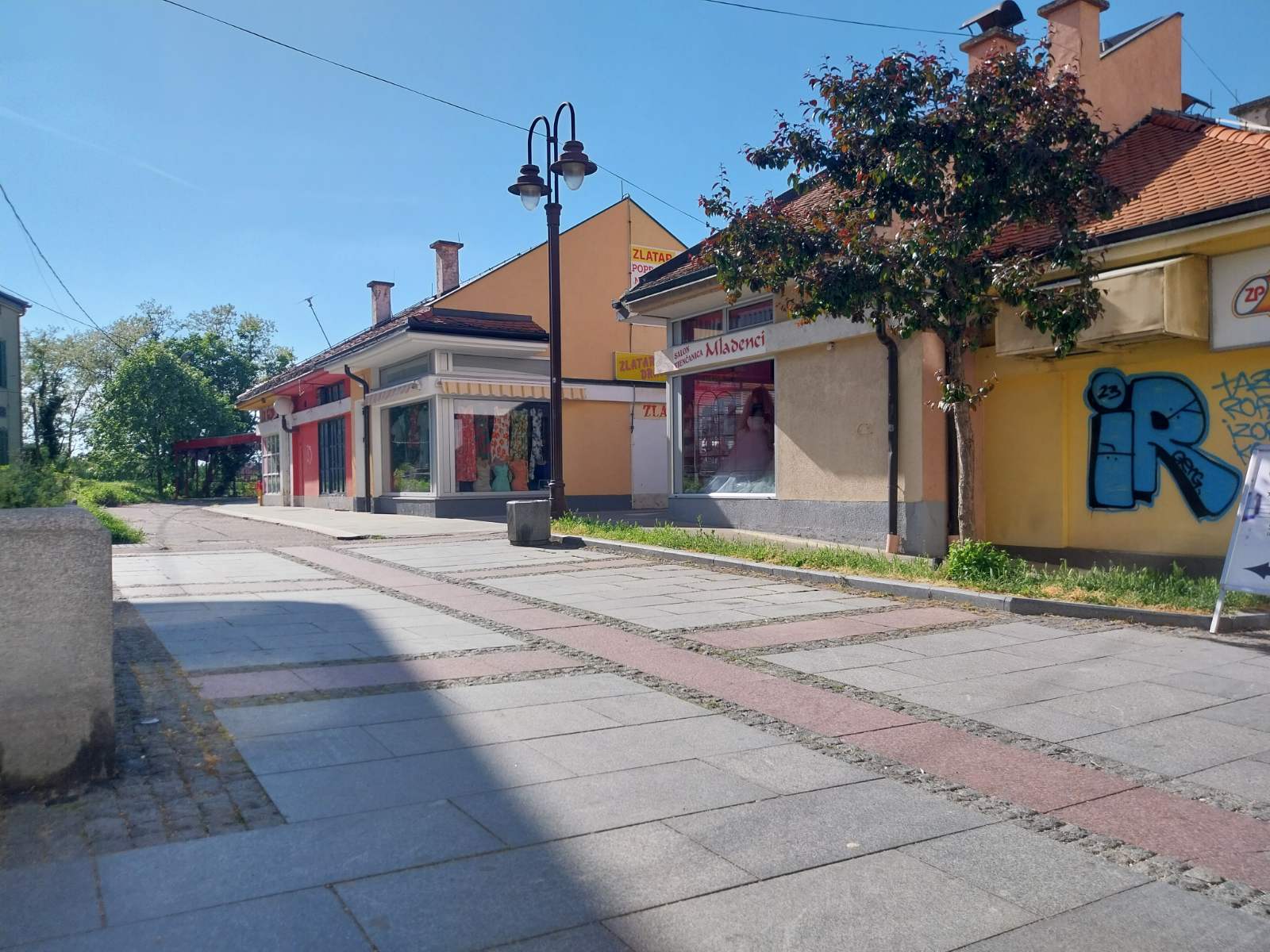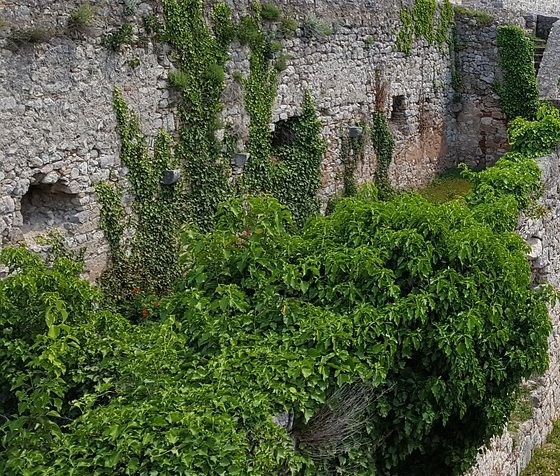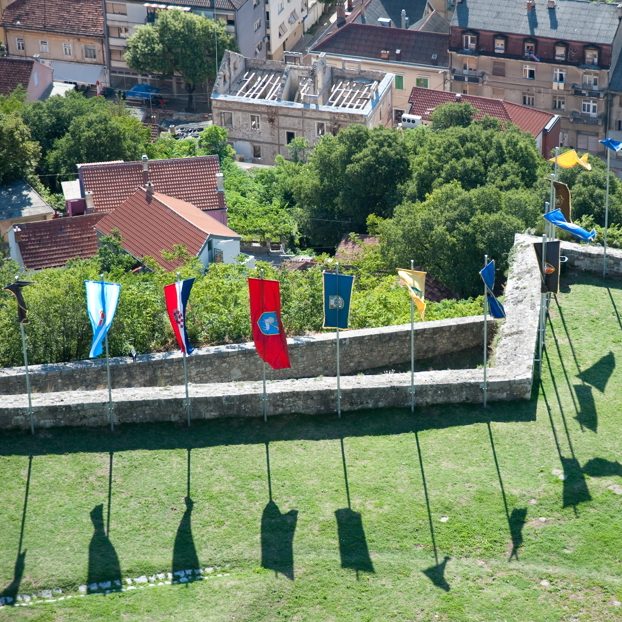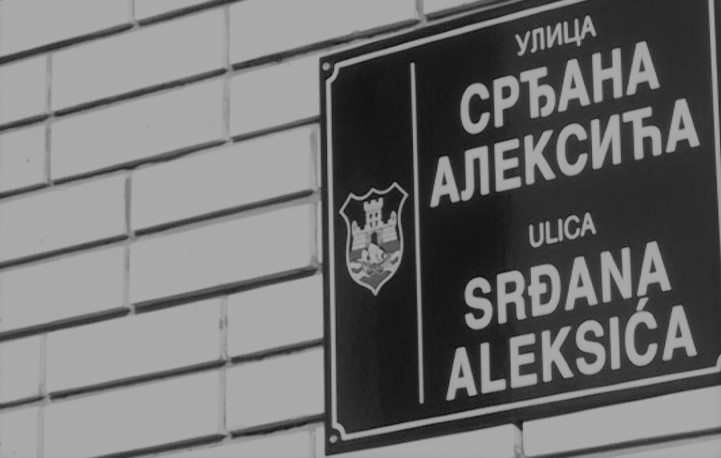Author: Naum Trajanovski
13 August 2022 marked the 21st anniversary of the so-called Ohrid Framework Agreement (OFA) – the ceasefire settlement that ended the eight-months long armed conflict in Macedonia and contributed to a significant power rearrangement in the post-conflict state. The hostilities started in January 2001, when a militant group of ethnic Albanian rebels self-proclaimed as the National Liberation Army (NLA) attacked a police station in the vicinity of Tetovo, while the clashes escalated in March and May in the course of the same year. Months of shooting resulted in more than 200 casualties and more than 100,000 internally displaced persons. The 2001 armed conflict is thus unarguably the worst episode in the recent history of interethnic and, especially, Macedonian-Albanian relations in North Macedonia.
There are various interpretations for the reasons for the escalation, however. On the one hand, several authors point out the gradual deterioration of minority rights in the former southernmost Yugoslav state: starting in the early 1980s (i.e. Stawowy-Kawka and Stamova) and culminating in the late 1990s (i.e. Brown). The 1989 amendments to the republican constitution that redefined the statehood and stripped away the Albanian and Turkish minorities from the preamble are one such notable illustration. On the other hand, others (for an overview, see Karajkov) claim that the conflict spillover from neighboring Kosovo and South Serbia: emphasizing, for instance, the published information of border-crossings of Albanian fighters from the Preševo region to Macedonia in late 2000 and early 2001, as well as the rebuff of NLA’s instruments and goals by the Albanian political elite in Macedonia in the early phase of the conflict.
The OFA came after the negotiations in Ohrid during July and August 2001, facilitated by the international community and based upon previous political initiatives for expanding minority rights in the state. It concluded in Skopje on 13 August 2001 with signatures by the President, the leaders of the two major ethnic Macedonian and the two major ethnic Albanian parties in the state, after their coordination with the NLA leadership in May 2001, and representatives of EU and USA. Besides contributing to a ceasefire, OFA paved the way for developing a soft-power sharing model, political decentralization, and constitutional reform adopted in November 2001. The Agreement did not envision any transitional justice mechanisms besides the so-called “amnesty law” of 2002 that reprieved all the combatants from prosecutions, except those involved in war crimes, crimes against humanity and other violations under the jurisdiction of ICTY.
Although praised as of the mid-2000s and used as a model for resolving minority rights issues in other Western Balkan states, OFA eventually paved the way for an ethno-centered citizenship regime in post-conflict Macedonia. As per Spaskovska, after 2001, Macedonian citizens realize their rights and duties, and participate in the public sphere solely as members of ethnonational or religious communities. The above regime was heretofore recreated, as well, via various memory practices as the commemorative activities related to the 2001 conflict were by and large performed within the domains of the two largest ethnic communities in the state. The annual developments, however, reveal that those practices are not as uniform as they might seem. Namely, there are critical changes in the commemorative discourses, actors, and activities over the last two decades, which hint at the shifting power dynamics related to the memory of the conflict and the agreement.
In the first post-conflict years, the Democratic Union for Integration (DUI), a political party largely made up of former NLA fighters in 2002, assumed the role of a custodian of the memory of OFA and the ethnic Albanian struggle. DUI organized annual commemorations of OFA in several locations across the state, also attended by the diplomatic corps, and commemorative events in the areas surrounding Tetovo and Kumanovo. These events were mostly performed in a celebratory manner, thus aiming to portray DUI as the absolute winner in 2001. The narrative about the killed NLA members was, and still is, similar to the depiction of the fallen KLA fighters in Kosovo, as pan-Albanian martyrs of the nation. Conversly, the ethnic Macedonian elite had a hard time endorsing OFA and engaging with the symbolic capital of the conflict and the concessions stemming from it. Moreover, the periodic shootings during 2003 further complicated the endorsement of the new post-conflict reality in the state.
The memory of the conflict in the immediate aftermath of 2001 and OFA hence focused on the killed members of the state security forces or, as the Macedonian public discourses would exclusively call them, the defenders. The Macedonian army and police, as well as their families, relatives, and friends nurtured these narratives. The first monuments to the killed state security forces were erected in their birthplaces, within the army and police properties, such as the one in Bitola in 2003. In addition, since 2002, there have been several commemorative events at the sites of ambushes of the state security forces. Their families, relatives, and friends organize the commemorations with the presence of religious officials, colleagues, and, in a few cases, local and national politicians.
Some of the memory activities concerning the Macedonian 2001 have provoked heated public debates and escalated into clashes and demolishing of commemorative plaques. The commemorative events at the Karpalak ambush site, where NLA attacked a convoy of Macedonian forces and killed 10 of its members just days prior to the signing of OFA, is illustrative of the bottom-up initiativeness to commemorate the killed state security forces and the annual removal of the plaques by the ethnic Albanian locals. Additionally, the site bears the legacy of institutional treatment of the sites of ambushes in 2001: although promised immediately after the end of the hostilities, the authorities failed to erect a monument dedicated to the killed defenders at Karpalak.
There were several efforts to bridge this model of perpetuating the fundamental differences in the optics over 2001 in the last decade: the state-sponsored commemorations of OFA, for instance, but also the recent joint commemoration of civil victims. However, it appears that the authorities are still struggling to establish a sustainable model of remembering OFA and the 2001 conflict, while the joint commemorations are almost exclusively bashed in both Macedonian and Albanian afterwards. Most recently, this year’s state-sponsored organization of a peace festival and a summer school with the goal of promoting the benefits brought by the OFA, ended up with two ethnic Macedonian singers cancelling their performances on the eve of the event and Macedonian being booed by the audience.
